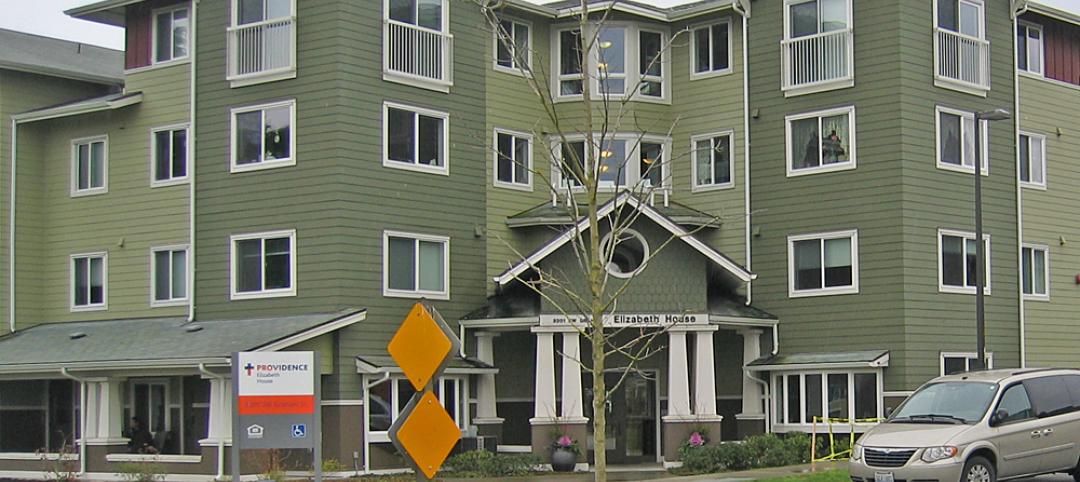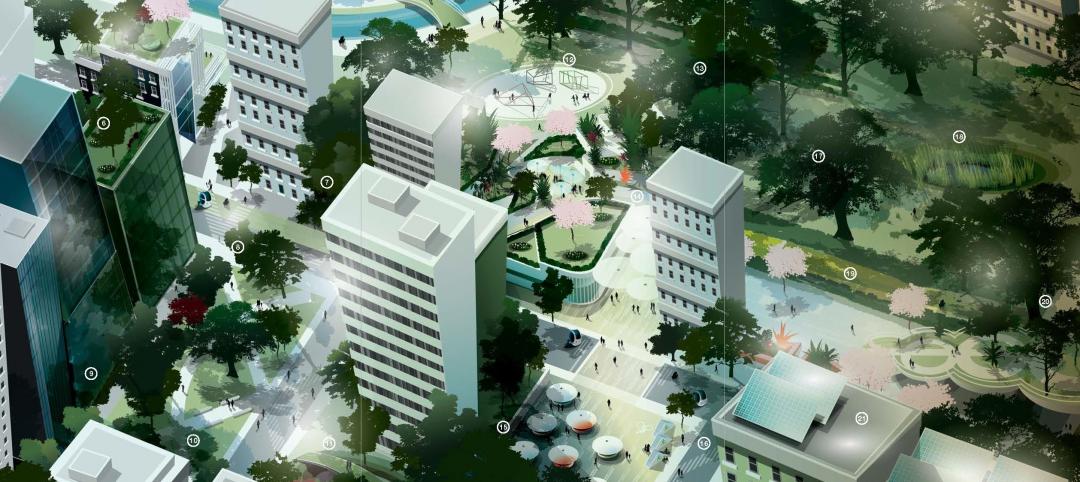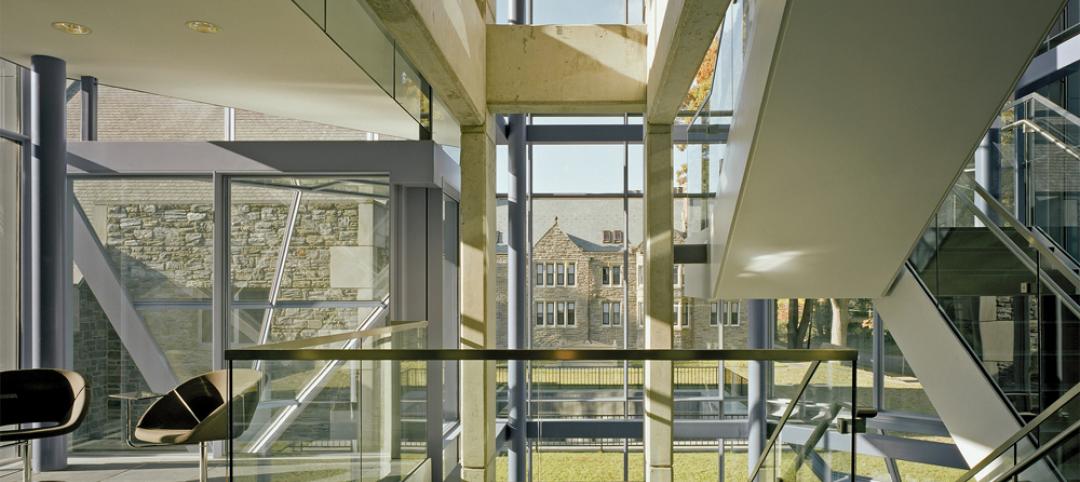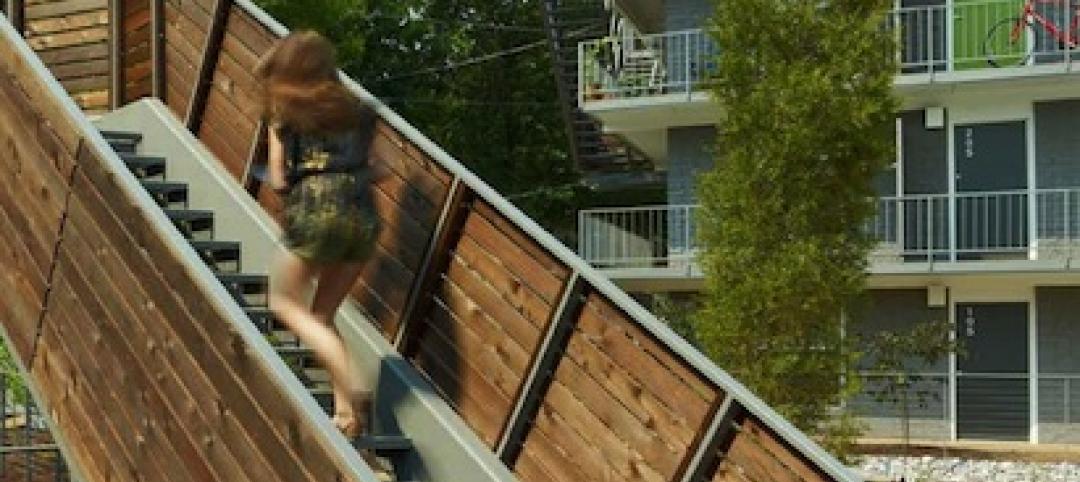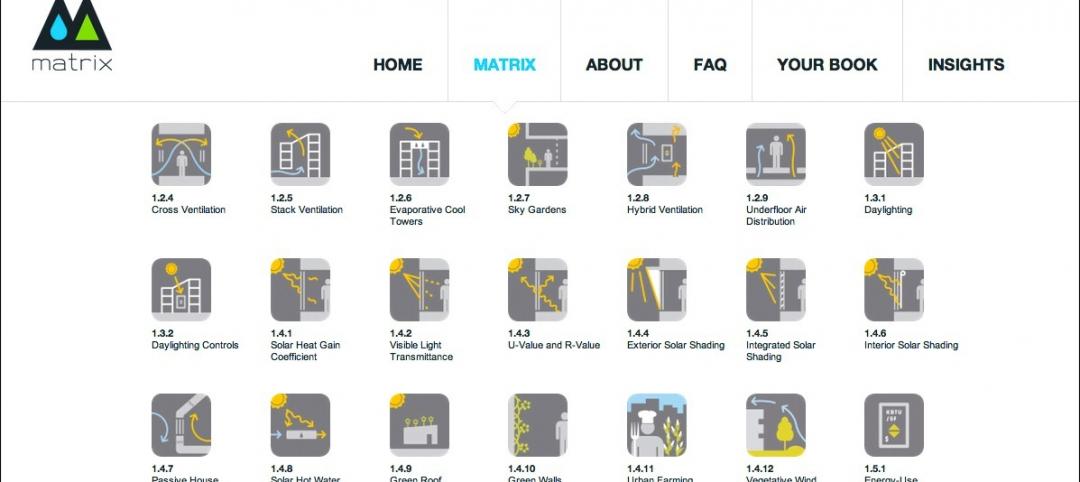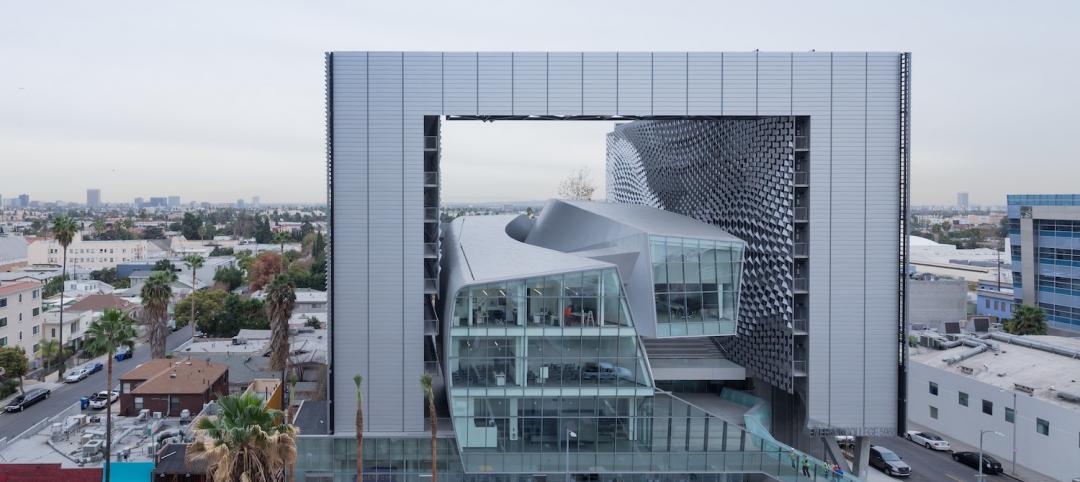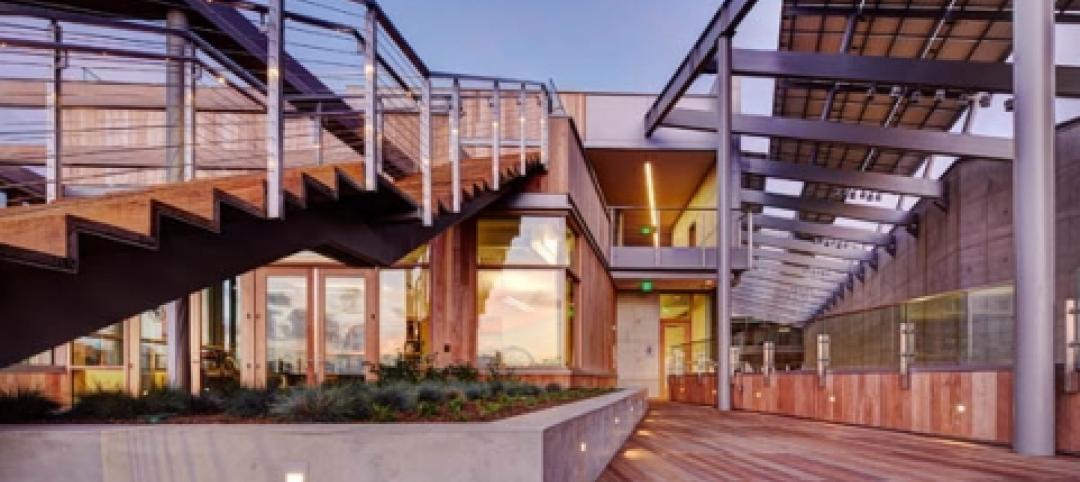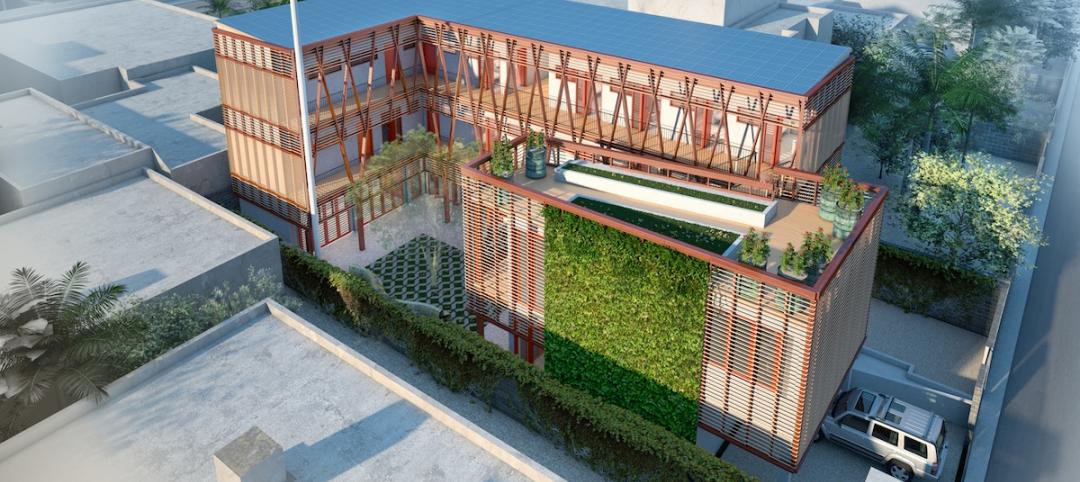With COP21 not far behind us and an election on the horizon, climate change and renewable energy continue to be front and center issues on the world stage. Conversely, while electricity rates across the country continue to increase, solar panels have become more affordable and viable than ever. Yet, at a time when green technology is expanding, one question still remains – why aren’t more commercial building professionals investing in clean energy projects?
Battling complex climates
Within the corporate climate, choosing when and how to go solar is a big decision for many companies. Solar installations require committed, experienced partners capable of providing a seamless process from conception to Operations and Maintenance. Unfortunately, more often than not, strong project support at the start diminishes down the line once a project is up and running, where it is needed to ensure a system’s long-term health. To take the first step, building officials and facility managers need assurance that they are working with a qualified company that will stand by their installation for years to come.
Environmentally speaking, a region’s climate can also be a major hurdle. Typically, a solar system’s central inverters are designed to protect against snow. A pioneer in the solar industry since 1975, Panasonic’s rich history of solar project development includes systems constructed in areas prone to heavy snow and aggressive winds. These extreme elements caused precipitation to enter into the central inverters, resulting in serious problems. The challenge here was sourcing and developing an inverter that could flourish in these harsh climates.
O&M in action
When it comes to complex climates, from a corporate or environmental perspective, the value of comprehensive O&M comes into play. With the full O&M package – NOC and maintenance services, operations and asset management, total system protection, expert technical guidance and guarantees – solar adopters are able to maximize return on investment, optimize system performance and minimize operating costs while controlling long-term costs. A full EPC vendor delivering O&M services for highest performance energy generation and ROI, Panasonic provides a sense of comprehensive quality assurance, all backed by an $11 billion balance sheet.
For those projects under the onslaught of severe weather, the Panasonic O&M team went to the source, conducting a root cause analysis with the inverter manufacturer. Working together, Panasonic and the inverter manufacturer identified the necessary design modifications, prototyped an innovative snow shield design, and deployed it as a retrofit
This is just one example of how Panasonic works with its industry-leading Engineering and Development teams of more than 100 employees across the country to ensure project success and keep each installation thriving. When an issue does arise, the Panasonic O&M planning and scheduling team dispatches a technician, optimizing their time onsite to ensure a fast, reliable and cost-effective solution is put into place. With these practices at hand, solar systems are set for success for decades to come.
To learn more about Panasonic O&M services, please visit www.panasonic.com/energysolutions.
Related Stories
| May 16, 2014
BoA, USGBC to offer $25,000 grants for green affordable housing projects
The Affordable Green Neighborhoods Grant Program will offer 14 grants to developers of affordable housing in North America who are committed to building sustainable communities through the LEED for Neighborhood Development program.
Smart Buildings | Apr 28, 2014
Cities Alive: Arup report examines latest trends in urban green spaces
From vertical farming to glowing trees (yes, glowing trees), Arup engineers imagine the future of green infrastructure in cities across the world.
| Apr 16, 2014
Upgrading windows: repair, refurbish, or retrofit [AIA course]
Building Teams must focus on a number of key decisions in order to arrive at the optimal solution: repair the windows in place, remove and refurbish them, or opt for full replacement.
| Apr 11, 2014
ULI report documents business case for building healthy projects
Sustainable and wellness-related design strategies embody a strong return on investment, according to a report by the Urban Land Institute.
| Mar 26, 2014
Callison launches sustainable design tool with 84 proven strategies
Hybrid ventilation, nighttime cooling, and fuel cell technology are among the dozens of sustainable design techniques profiled by Callison on its new website, Matrix.Callison.com.
| Mar 7, 2014
Thom Mayne's high-tech Emerson College LA campus opens in Hollywood [slideshow]
The $85 million, 10-story vertical campus takes the shape of a massive, shimmering aircraft hangar, housing a sculptural, glass-and-aluminum base building.
| Feb 24, 2014
First look: UC San Diego opens net-zero biological research lab
The facility is intended to be "the most sustainable laboratory in the world," and incorporates natural ventilation, passive cooling, high-efficiency plumbing, and sustainably harvested wood.
| Feb 14, 2014
ASHRAE, Green Grid team up on energy-efficiency guide for data centers
Vendor-neutral publication examines aspects of the popular power usage effectiveness (PUE) metric.
| Jan 30, 2014
How reverse engineering nature can spur design innovation
It’s not enough to copy nature. Today’s designers need a deeper understanding of environmental nuance, from the biome in.
| Jan 23, 2014
Adrian Smith + Gordon Gill-designed Federation of Korean Industries tower opens in Seoul [slideshow]
The 50-story tower features a unique, angled building-integrated photovoltaic (BIPV) exterior designed to maximize the amount of energy collected.


